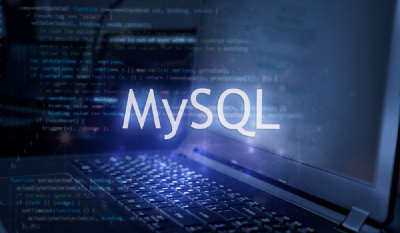Highlights:
- Neon’s commercial Postgres distribution comes with several extra features designed to simplify database management.
- Neon provides a commercial version of Postgres, a popular open-source relational database widely used in the enterprise sector.
Recently, a startup offering a serverless version of the open-source Postgres database, Neon, raised USD 25 million in funding.
The investment was led by Microsoft Corp.’s M12 venture capital arm, with participation from existing Neon investors, including Abstract Ventures, General Catalyst, Menlo Ventures, and Notable Capital. This latest funding round boosts the company’s total external financing to over USD 130 million.
Neon offers a commercial version of Postgres, a popular open-source relational database commonly used in enterprises. Postgres is highly regarded for its support of ACID, a technology standard that ensures data integrity by preventing errors. Additionally, the platform’s extensibility allows companies with advanced needs to tailor it to their specific use cases.
Neon’s commercial Postgres distribution incorporates several added features that simplify database management. To achieve this, the company modified various components of the original open-source version, including Postgres’ storage engine, which is responsible for managing data read, write, and deletion processes.
The company’s distribution is built on a serverless architecture, eliminating the need for administrators to manage the underlying infrastructure manually. It also includes an autoscaling engine that automatically adjusts hardware resources in response to changing workload demands, preventing the need for overprovisioning—purchasing excess hardware to handle potential traffic spikes.
Neon’s Postgres version separates storage from compute allocation, allowing developers to scale storage capacity and compute resources independently. This flexibility enables provisioning only the necessary hardware for specific tasks, thereby reducing unnecessary infrastructure costs.
Nikita Shamgunov, Neon Chief Executive Officer, wrote in a blog post, “The database only runs when needed, but is always available – and with the precise capacity required by the workload.”
Neon’s Postgres distribution also includes a feature called branching, which enables developers to create copies of the data within a database environment rapidly. For instance, a software team could duplicate a sales database to test a new demand forecasting application.
The startup claims that its branching tool is also useful for disaster recovery. If a database error occurs, administrators can utilize the tool to locate a previous version of the data and restore it as a new copy.
Neon’s database enables companies to store vectors, the mathematical structures AI models use to handle the information they process. According to Neon, this capability eliminates the need for customers to use a separate vector store alongside their primary database, thereby reducing overhead.
Since its launch in 2021, the company’s platform has attracted several thousand paying customers. Additionally, Neon provides a free tier that is utilized by hundreds of thousands of developers.
A recent announcement by a prominent media outlet reveals that the newly secured funding will allow the company to hire 20 additional employees by the end of the year. The recruitment efforts will primarily focus on expanding Neon’s engineering teams. Additionally, a portion of the funds will be allocated to making the company’s database accessible on Microsoft’s Azure cloud platform.












